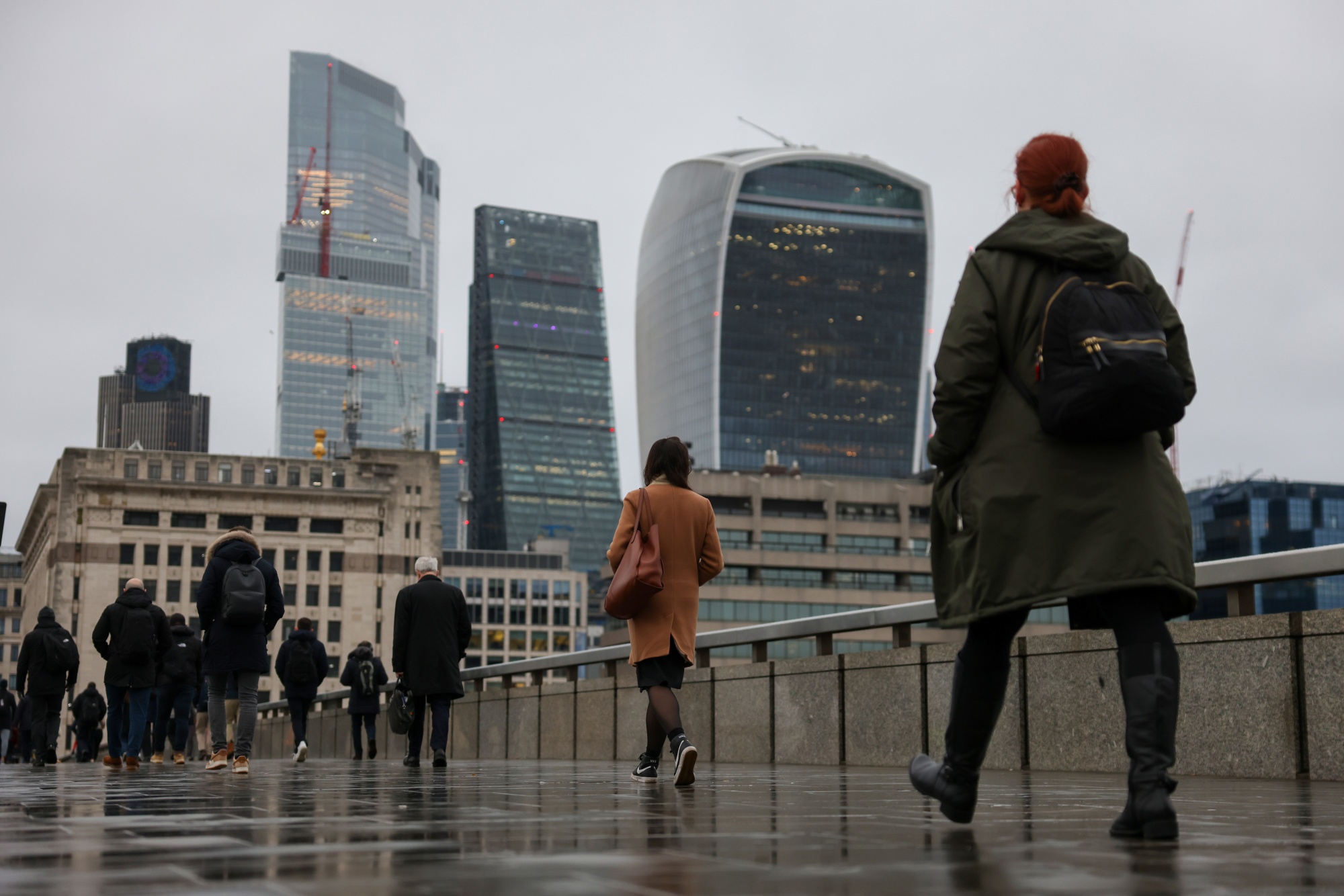Britain’s government has decided to halt its efforts aimed at narrowing the wage gap through increases in the minimum wage, offering a reprieve to employers grappling with the recent substantial hike.
Scheduled for April, the minimum wage for workers aged 21 and over will reach £11.44 ($14.45) per hour, marking two-thirds of the median earnings for this age group and ranking among the highest in advanced economies.
The Department for Business and Trade announced on Wednesday that this adjustment fulfilled a political pledge by Prime Minister Rishi Sunak‘s Conservative Party.

Looking ahead to 2025, the government aims to synchronize the minimum wage increase with median earnings.
The Low Pay Commission, tasked with advising on minimum wage adjustments, projected a 3.9% rise to £11.89 per hour for the National Living Wage in 2025. Britain initiated its minimum wage policy 25 years ago to address income disparities.
According to the Resolution Foundation, low earners now enjoy an annual pay increase of £6,000, outpacing typical pay growth.

However, employers voice concerns about the strain stemming from recent substantial wage hikes, largely influenced by surging inflation, prompting them to consider price hikes or hiring cutbacks.
A survey conducted by Lloyds Bank among businesses revealed a potential slowdown in hiring intentions, possibly associated with the minimum wage elevation.
The Bank of England closely monitors wage growth to gauge inflationary pressures and determine the appropriateness of interest rate adjustments.





